Imagine a world in which you stop trying to optimise every single moment, and instead spend your time on the things that truly matter. In short, you refuse to do everything in favour of, occasionally, doing nothing. This is niksen the power of pause the Netherlands counterintuitive answer to almost any issue.
Lost? Stressed? Overwhelmed? Never reaching the end of that to-do list? Free yourself from external pressures and calm the chaos within by embracing niksen as a means of resisting our always-on culture. Use it to shed light on what you truly care about, and what you dont need to care so much about.
This sanity-saving book will show you the path to contentment. It is focused on helping you to prioritise yourself, to get you out of productive overdrive no matter how busy you are and to make every day better. It is designed to tame and eradicate all those pesky somethings that get in the way of nothing.
In we delve deeper into how a niksen state of mind and a healthy worklife balance lead to a happy, harmonious family life, and how to sustain all you have learnt.
I cant give you a how-to guide to doing nothing. It is intuitive and personal. It means putting your wellbeing first and, in turn, reaping the benefits. But getting there doesnt need to be hard. This book will help you develop a new attitude, through meditative exercises, simple tips and calming pursuits, to reach that all-important niksen lifestyle.
Treat this book as your first step to boosting your creativity, increasing your focus, improving your relationships and becoming a calmer and happier person, the Dutch way.
Fresh take on mindfulness
You may wonder if niksen is just another form of mindfulness. Well, not quite. You might have tried mindfulness before, taking a class or creating a sanctuary at home, complete with cushions, scented candles and a playlist full of mellow mantras. But how long did you last, really? You wouldnt be the first to give up long before enlightenment came into sight. Mastering mindfulness requires hard work and perseverance. Niksen, on the other hand, is far less complicated.
Niksen doesnt ask you to fold stiff limbs into the lotus position, or to practise until you can keep your mind from wandering (which for some may be forever). In fact, it doesnt require anything, except that you allow yourself a moment to do nothing, without a specific goal or purpose. And this is where it truly becomes interesting. Niksen can include any restorative pastime that takes your mind off your everyday worries, doesnt require any effort or headspace, and is useless in terms of generating profit, a fit body or social connections.
I know that, to the untrained eye, this may give the impression that youre just being lazy antisocial even. But think about it: from improved creativity and self-confidence, to a higher self-awareness and reduced anxiety, doing nothing has the same restorative benefits as mindfulness just with less effort. If you regularly take time out to allow your body and mind to rest and recharge, chances are you will eventually become a happier person, more relaxed parent, more effective worker, and a better friend.
Why you need niksen in your life
Niksen may not serve a direct purpose it wont benefit your bank account, social network or figure but a growing body of research is building the case for doing nothing in pursuit of greater productivity, creativity, health and happiness.
 More energy
More energy
If you feel mentally depleted or exhausted, you cant be productive. By taking a timely break to do nothing, you can restore and recharge your body and mind.
 Better health
Better health
Taking regular timeouts prevents you from running out of energy and focus, reducing the risk of burnout and other health problems.
 Happier family
Happier family
You will have more energy for your home life, allowing you to be more attentive to your family. Keep in mind that your kids will feel it if you are stressed and absent-minded.
 A healthy brain
A healthy brain
By keeping busy all the time, we lose our ability to sit still, reflect and be with our own thoughts. Research by the Dutch Donders Institute suggests being busy all the time can even alter the brain in a way that reduces our ability to think, focus and memorise things. A healthy brain needs downtime to restore the damage done.
 Greater efficiency
Greater efficiency
Having developed your power to focus, youll get tasks done much more efficiently.
 Enhanced self-awareness
Enhanced self-awareness
Minimalise and declutter your calendar by being selective: dont waste your time and energy on tasks that have no value. You will also gain more insight into the things that are (really) important to you.
 The possibility of an epiphany
The possibility of an epiphany
When we retreat our minds from our daily routines, we are able to look at problems, questions and issues with more distance and clarity. In turn, we become more resourceful, and may come up with creative ideas and solutions.
 More time for planning long-term goals
More time for planning long-term goals
Research published in the journal Consciousness and Cognition in 2012 reports that when we allow our minds to wander, we think about the future and long-term goals fourteen times more often than when we force ourselves to focus. Niksen can therefore result in goal-setting.
 Better sleep
Better sleep
If we are plugged in at all times, immediately responding to every email and text, always alert, it becomes impossible to relax and quiet our minds to fall asleep. By building in more breaks during the day, you can reduce your stress levels and improve your sleep quality.
1
THE HAPPY DUTCH
Measuring roughly 41,500 km2 (16,023 mi2), the Netherlands is one of Europes smallest countries. It is also continuously ranked as one of the happiest nations in the world. So what are they getting so right?



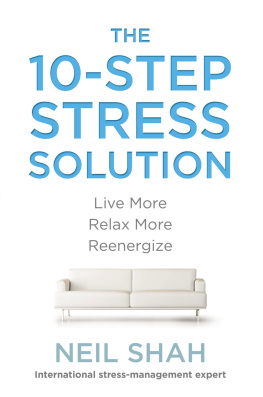
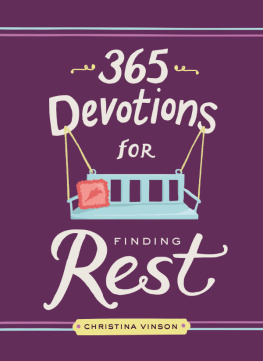

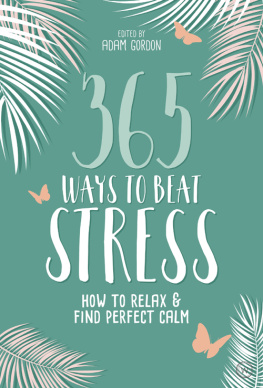
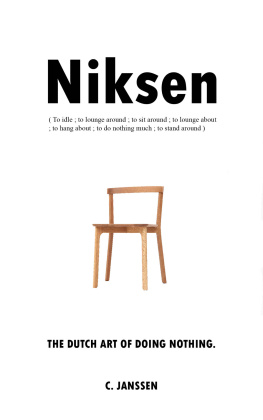
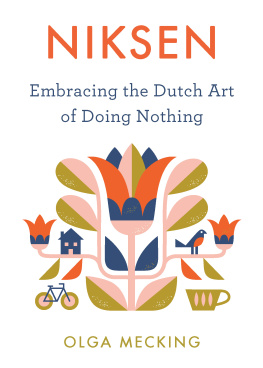

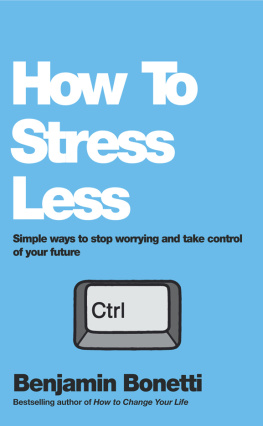
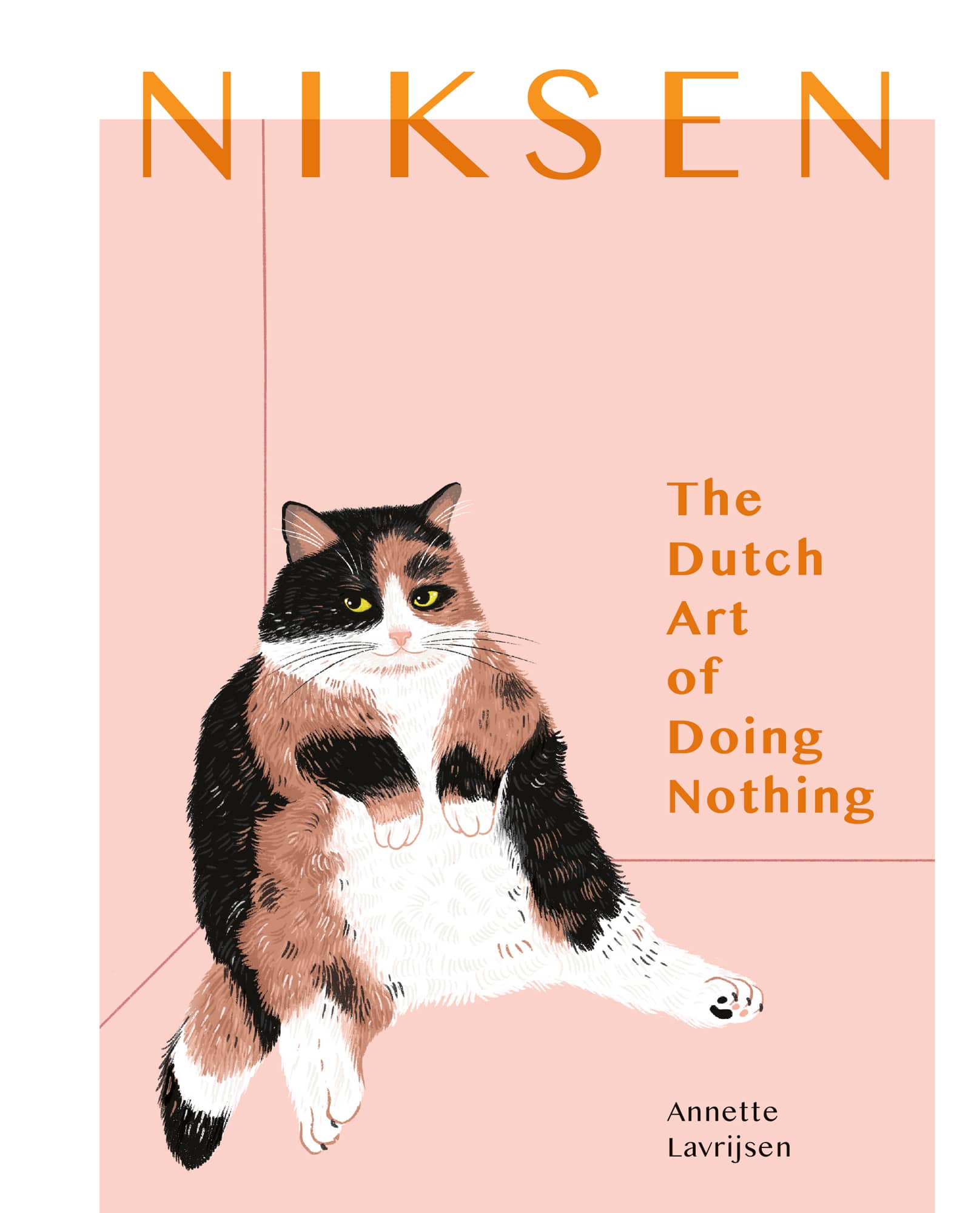





 More energy
More energy